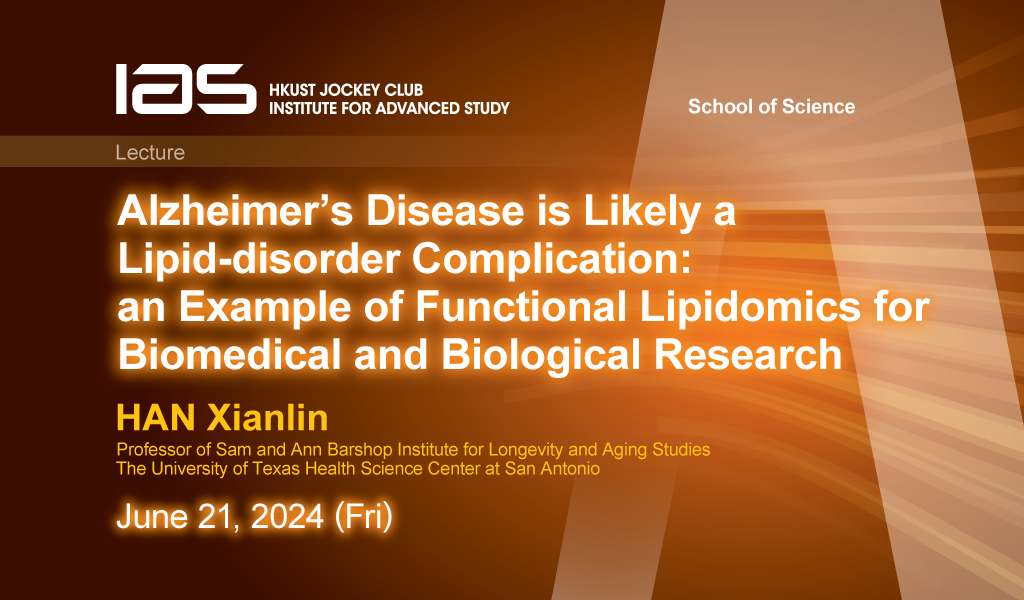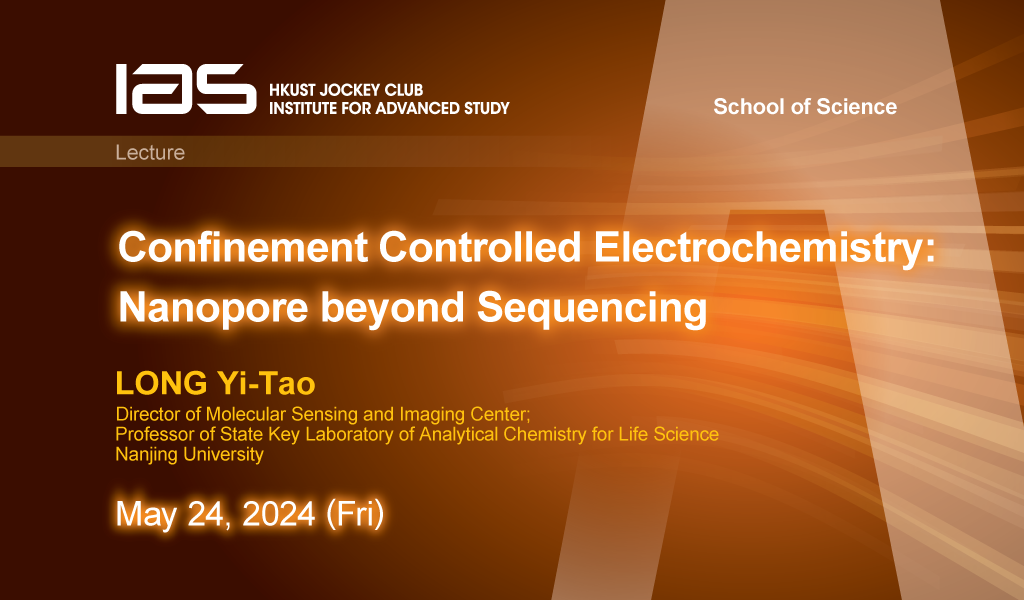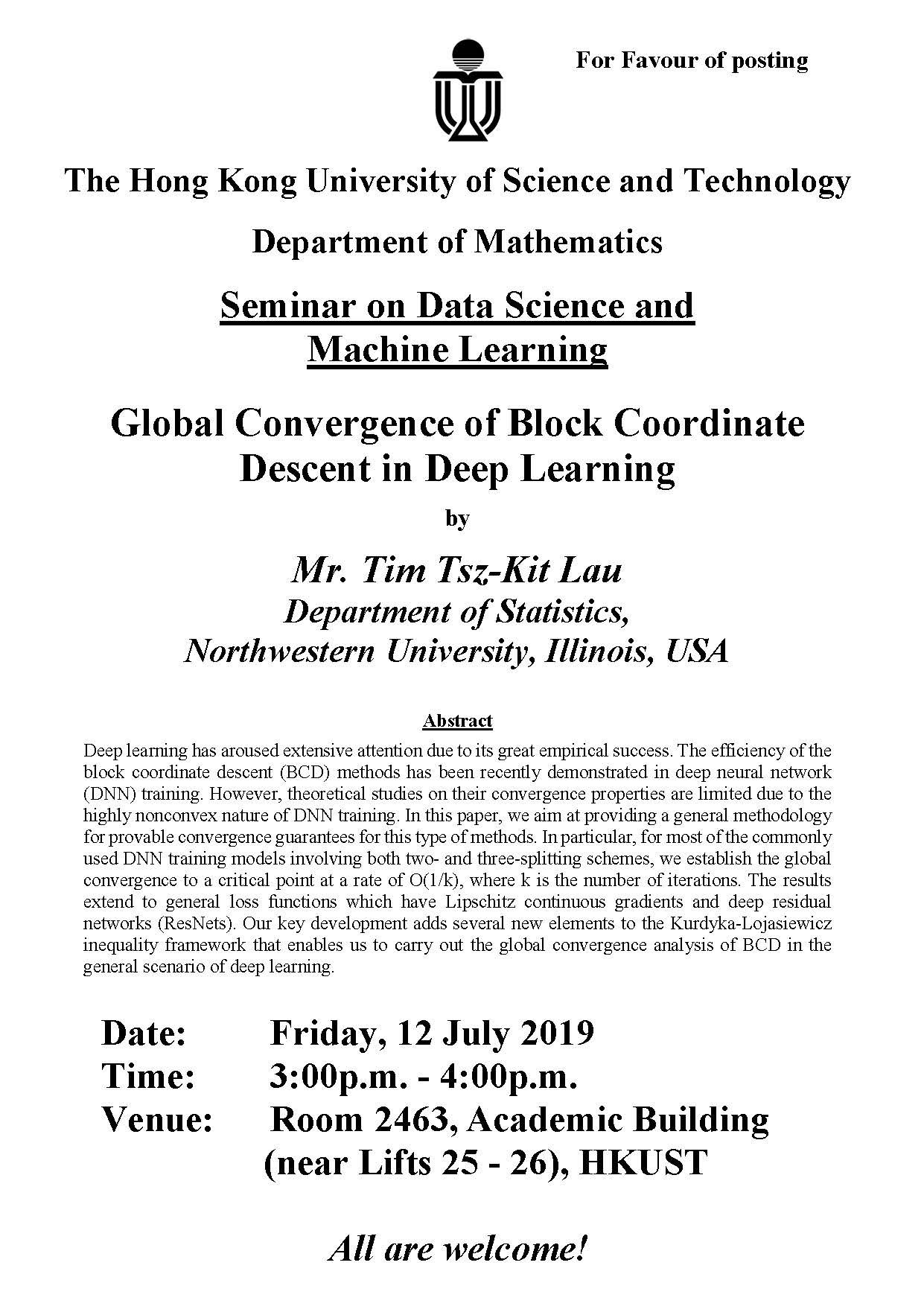Deep learning has aroused extensive attention due to its great empirical success. The efficiency of the block coordinate descent (BCD) methods has been recently demonstrated in deep neural network (DNN) training. However, theoretical studies on their convergence properties are limited due to the highly nonconvex nature of DNN training. In this paper, we aim at providing a general methodology for provable convergence guarantees for this type of methods. In particular, for most of the commonly used DNN training models involving both two- and three-splitting schemes, we establish the global convergence to a critical point at a rate of O(1/k), where k is the number of iterations. The results extend to general loss functions which have Lipschitz continuous gradients and deep residual networks (ResNets). Our key development adds several new elements to the Kurdyka-Lojasiewicz inequality framework that enables us to carry out the global convergence analysis of BCD in the general scenario of deep learning.
12 Jul 2019
3pm - 4pm

Where
Room 2463, Academic Building (near Lifts 25 - 26)
Speakers/Performers
Mr. Tim Tsz-Kit Lau
Department of Statistics, Northwestern University, Illinois, USA
Department of Statistics, Northwestern University, Illinois, USA
Organizer(S)
Department of Mathematics
Contact/Enquiries
mathseminar@ust.hk
Payment Details
Audience
Alumni, Faculty and Staff, PG Students, UG Students
Language(s)
English
Other Events

21 Jun 2024
Seminar, Lecture, Talk
IAS / School of Science Joint Lecture - Alzheimer’s Disease is Likely a Lipid-disorder Complication: an Example of Functional Lipidomics for Biomedical and Biological Research
Abstract
Functional lipidomics is a frontier in lipidomics research, which identifies changes of cellular lipidomes in disease by lipidomics, uncovers the molecular mechanism(s) leading to the chan...

24 May 2024
Seminar, Lecture, Talk
IAS / School of Science Joint Lecture - Confinement Controlled Electrochemistry: Nanopore beyond Sequencing
Abstract
Nanopore electrochemistry refers to the promising measurement science based on elaborate pore structures, which offers a well-defined geometric confined space to adopt and characterize sin...

